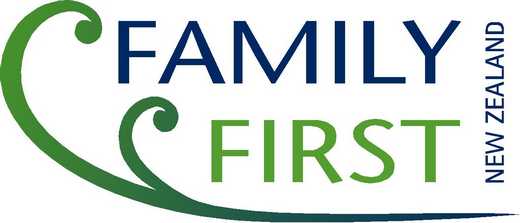Chch Press Editorial: when is a charity really a lobby group?
 Stuff co.nz 20 May 2017
Stuff co.nz 20 May 2017
Family First Comment: Well concluded…
“Family First’s work does not strictly adhere to a narrow view of Christian activism. Research reports on areas such as childcare, child abuse and child poverty and the impact of technology and pornography tap into wider concerns in a rapidly-changing secular society. Even those who may be predisposed to disagree with Family First on principle should recognise that it occupies an important position within the broad spectrum of social and political views in New Zealand.”
Reports that Family First could lose its charitable status raise complicated questions about the differences between charities, lobby groups and political activists. Where should we draw the line between these activities?
The Charities Board told Family First as long ago as 2013 that its charitable status was being reviewed. Family First was contacted this week by media who had been informed by the board that deregistration was still on the cards.
Family First national director Bob McCoskrie’s line is that Family First holds Christian beliefs that have become unpalatable in so-called “politically correct” times and that it has been punished for its traditionalist view that marriage can only be between a man and a woman.
The board’s argument against Family First is that it is primarily a political group rather than one concerned with religion or education. The first attempt to deregister Family First was stymied by the High Court in 2015 when it was pointed out that the Supreme Court had already ruled that Greenpeace’s political advocacy had charitable status, which is still being reconsidered by the Government.
The High Court judgment said that while members of the Charities Board may personally disagree with Family First, there is “a legitimate analogy” between its role and other organisations that are recognised as charities and that advocacy for “the traditional family” is analogous to advocacy for the “mental and moral improvement” of society that drives other charitable groups.
Family First’s campaigns since it formed in 2006 may be unpalatable to many. It has been a noisy opponent of the reform of smacking laws and moves to create transgender-friendly bathrooms. But should a determination that some organisations are entitled to charitable status and some not be based on whether their views are seen as fringe and dated as opposed to progressive or mainstream?
Greenpeace executive director Russel Norman saw that deregistration of a charity for political activity is a slippery slope. He said that while he does not often agree with Family First, it is true that the decision to deregister it as a charity “is an attack on non-governmental organisation (NGO) advocacy and democracy”.
Norman added that every registered charity in New Zealand knows that if it speaks out against Government policy, the Government can move to deregister it. Norman called it a “chilling” move. In a parallel with recent debates about free speech, he said that “if rights are to mean anything, they need to apply to people whose views we find repulsive”.
In the opposing camp, Act leader David Seymour believes that organisations such as Action on Smoking and Health (Ash), Save Animals From Exploitation (Safe) and the Child Poverty Action Group should also lose charitable status.
Family First’s work does not strictly adhere to a narrow view of Christian activism. Research reports on areas such as childcare, child abuse and child poverty and the impact of technology and pornography tap into wider concerns in a rapidly-changing secular society. Even those who may be predisposed to disagree with Family First on principle should recognise that it occupies an important position within the broad spectrum of social and political views in New Zealand.
http://www.stuff.co.nz/the-press/opinion/92735635/editorial-when-is-a-charity-really-a-lobby-group






